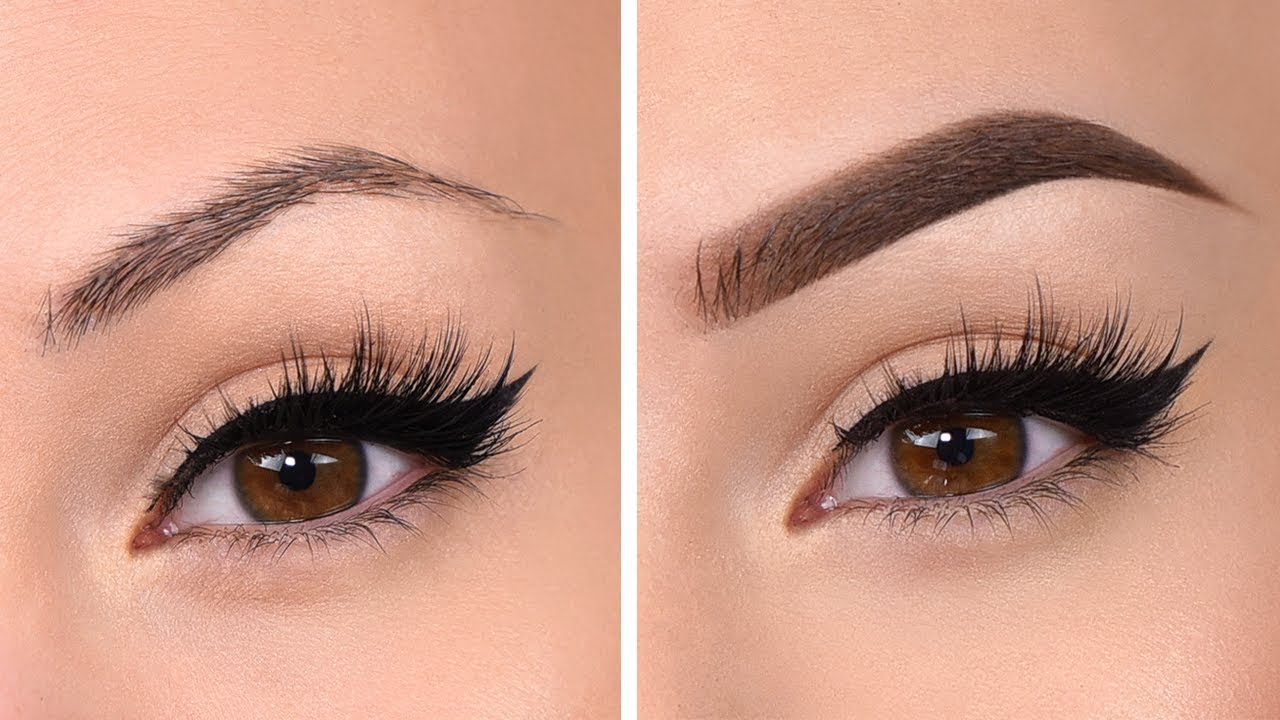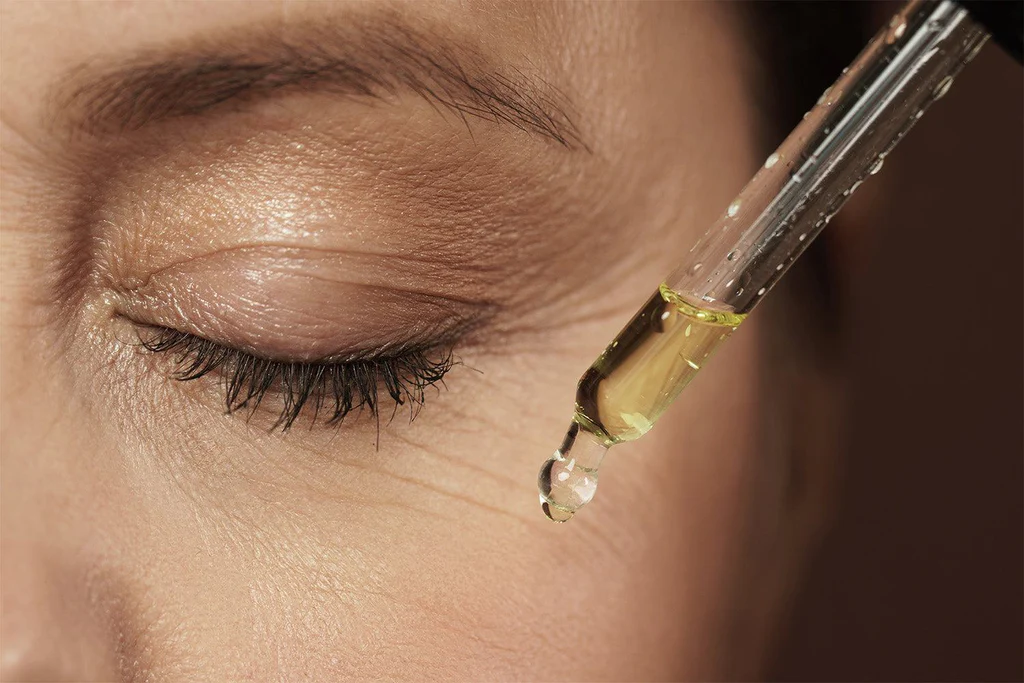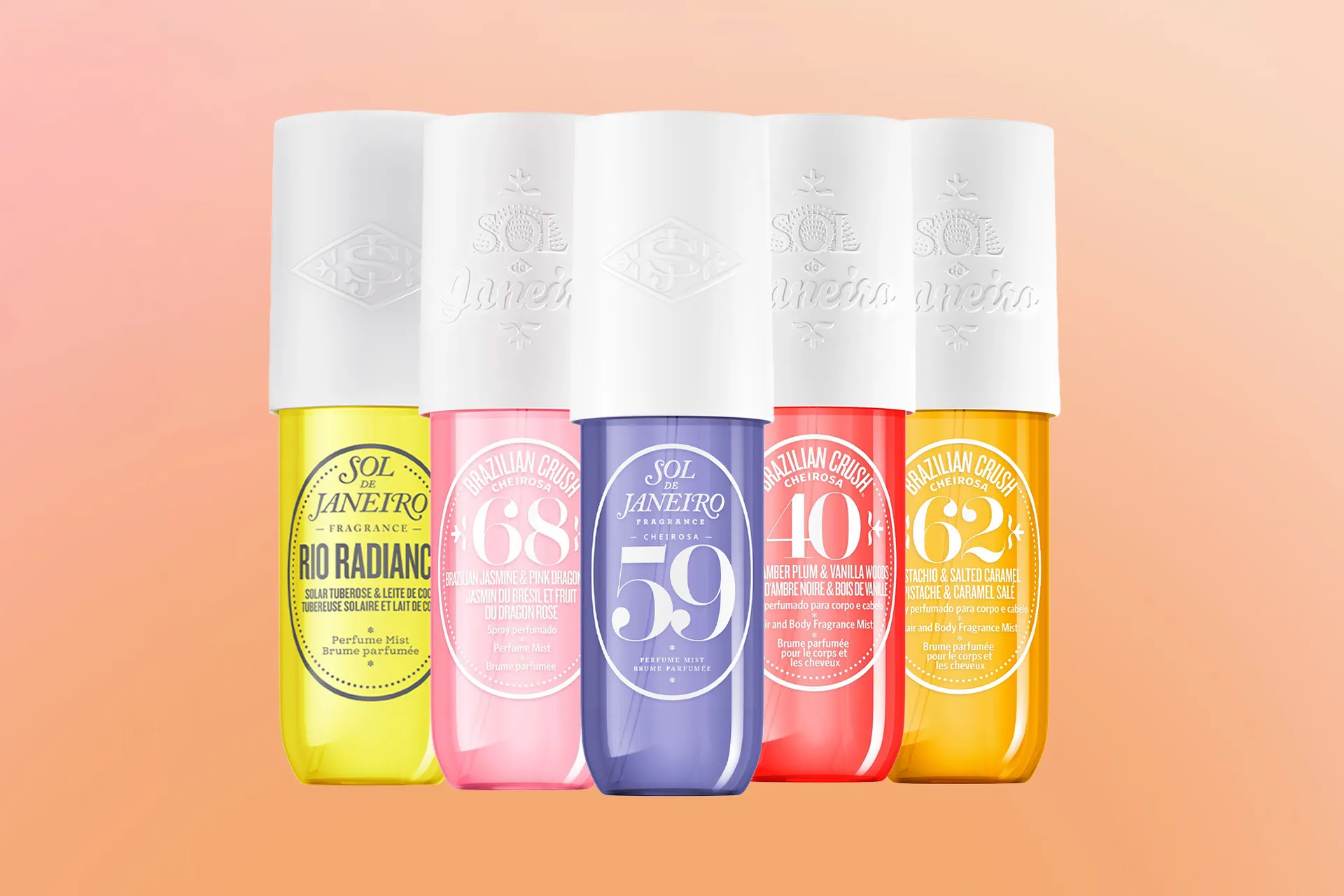
 By
Your Beauty Plug
By
Your Beauty Plug
If you are a fan of Stanley cups, the trendy and coveted drinkware that has taken over social media, you might have heard some alarming news lately. Some people have claimed that the cups contain lead, a toxic metal that can cause serious health problems. Is this true? And if so, should you be worried? Here is what we know so far about the Stanley cups and lead controversy.
Stanley cups are reusable stainless steel tumblers that come in various sizes, colors, and designs. They are designed to keep drinks hot or cold for hours, and they fit in most car cup holders. They are also very popular among celebrities, influencers, and consumers who value hydration, wellness, and style. According to CNBC, the Stanley brand, which is owned by Pacific Market International (PMI), saw a ten-fold increase of $750 million in revenue last year, thanks to the viral success of the cups.
The answer is yes, but not in the way you might think. According to PMI, the cups do have lead, but it is not exposed unless the cup is damaged. The lead is used as part of the cup’s vacuum insulation and is covered by a stainless-steel layer that protects consumers from lead exposure. PMI said in a statement on its website: “Rest assured that no lead is present on the surface of any Stanley product that comes into contact with the consumer nor the contents of the product.”
The lead controversy started when some people on social media, especially on TikTok, posted videos of themselves testing their Stanley cups for lead using at-home kits. The videos showed that the bottom of the cups, where the vacuum seal is located, tested positive for lead. Some of the videos went viral, sparking concern and confusion among Stanley cup users and potential buyers.
Yes, there is. On Thursday, February 2, 2024, four women filed a lawsuit against PMI in California state court, alleging that the company misled consumers by failing to disclose that the product contains lead, a toxic substance. The lawsuit, which seeks class action status, claims that the women would not have bought the cups if they had known that they contained lead, and that they could have been exposed to the metal. The lawsuit also accuses PMI of keeping customers in the dark so as not to interfere with its sales, especially to young women. The women are seeking compensatory and punitive damages, as well as a permanent injunction requiring Stanley to disclose the presence of lead and any other toxins in its products in California.
Lead is a heavy metal that can cause serious health problems, especially for children and pregnant women. According to the US Centers for Disease Control and Prevention (CDC), lead can damage the brain and nervous system, slow down growth and development, cause learning and behavior problems, and affect the kidneys, blood, and reproductive system. Lead can also increase the risk of high blood pressure, heart disease, and cancer in adults. Lead exposure can occur through various sources, such as contaminated water, paint, soil, dust, and food. The CDC recommends that children under six years old and pregnant women get tested for lead levels in their blood, and that everyone avoid contact with lead sources as much as possible.
That depends on your personal preference and risk tolerance. If your cup is intact and undamaged, there is likely no lead exposure risk for you, according to PMI and some experts. However, if your cup is cracked, chipped, or broken, you might want to stop using it and contact PMI for a replacement or a refund. You might also want to test your cup for lead using a certified kit or consult your doctor if you have any symptoms or concerns about lead poisoning. Ultimately, the decision is yours, but you should be aware of the facts and the potential risks before you make it.




